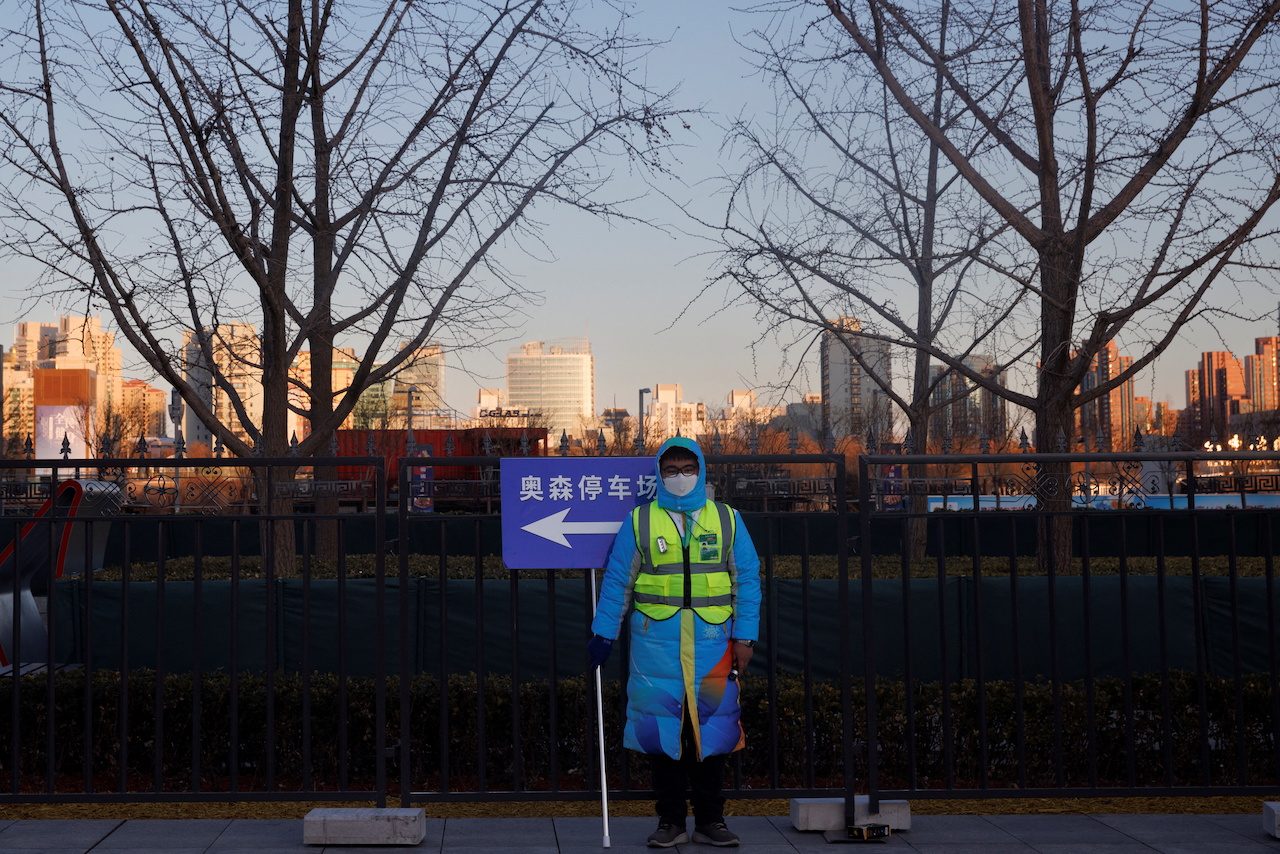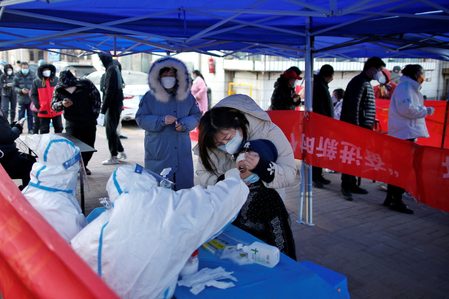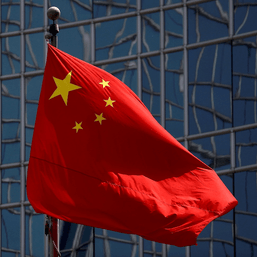SUMMARY
This is AI generated summarization, which may have errors. For context, always refer to the full article.

BEIJING, China – China on Sunday, January 16, reported 65 locally transmitted COVID-19 cases for January 15, including the first Omicron case in Beijing, just weeks from the February 4 start of the city’s Winter Olympic Games and the country’s Lunar New Year holiday.
That was down from 104 comparable cases a day earlier, as the outbreak in the northwestern city of Xian winds down after strict lockdowns. But the highly transmissible Omicron variant has been detected in at least five provinces and municipalities, prompting cities to impose curbs to stop its spread and threatening to further undercut slowing economic growth.
On Saturday, the capital Beijing reported the first local infection of the Omicron variant, involving a person who had visited multiple malls and restaurants in the previous 14 days. The person had not left the city since the start of this year.
China has not said how many Omicron cases it has detected in total.
About 13,000 people have been tested for COVID-19 in the Haidian district where the case was discovered, but none of the results came back positive, Beijing Daily, a government newspaper, cited official data as saying on Sunday.
However, some religious sites in the city were already being closed to visitors as a precautionary measure. Lama Temple, a Tibetan Buddhist monastery in central Beijing, said on Sunday it was closing down for an unspecified period due to COVID-19 epidemic and control measures.
“It is too soon to conclude that Omicron will swamp China’s efforts to suppress COVID,” said Mark Williams, chief Asia economist at Capital Economics, in a note issued on Friday.
“But it is clear that the emergence of more transmissible variants is requiring more frequent interventions… And the economic toll from this vigilance is mounting.”
Some Beijing residents, concerned about being trapped in the city for the upcoming week-long Lunar New Year holiday, are rushing to travel back home early because of the Omicron case.
“It’s worrying that the source of the infection in Beijing remains unclear,” said Shelly Fong, who decided to travel back to her home in Liaoning province on Monday. “If there’s an outbreak in Beijing, I won’t be able to return home.”
“What if there’s no flights? What if there’s a lockdown in Beijing? These are real possibilities.”
Outside Beijing Friendship Hospital on Sunday, queues for getting a COVID-19 test left people waiting in line for hours in frigid temperatures.
Mainland China reported 119 new confirmed COVID-19 cases for January 15, including imported infections, down from 165 a day earlier, according to National Health Commission (NHC) data on Sunday.
The new locally transmitted cases were in Tianjin, Henan, Beijing, Guangdong and Shaanxi, NHC said.
There were no new deaths, leaving the death toll at 4,636.
As of January 15, mainland China had 104,864 confirmed cases. – Rappler.com
Add a comment
How does this make you feel?






There are no comments yet. Add your comment to start the conversation.